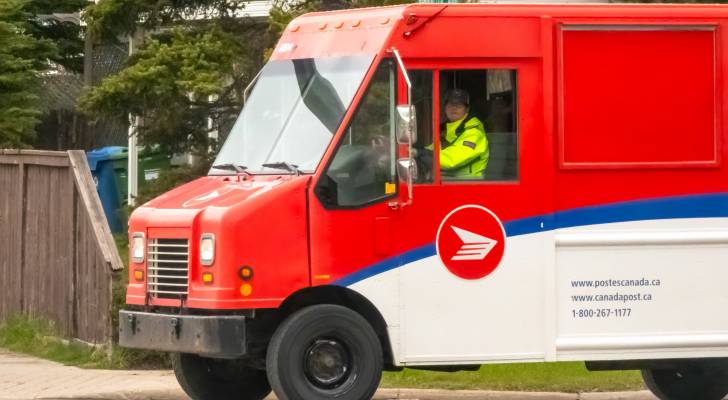
As talk of a Canada Post strike heats up, many Canadians — especially seniors — are wondering what it means for their monthly income. For those relying on government programs like the Canada Pension Plan (CPP), Old Age Security (OAS), or the Guaranteed Income Supplement (GIS), the fear of missing a payment can cause real anxiety.
But there’s good news: You can safeguard your retirement income by making a few smart moves today.
Why the mail matters (or doesn’t)
While many Canadians now receive their government benefits via direct deposit, a significant portion — particularly older, rural, or less tech-savvy individuals — still receive paper cheques in the mail. If postal workers walk off the job, it could delay those payments indefinitely.
During previous strikes, contingency plans have been put in place to prioritize the delivery of government cheques. However, delays are still possible, and local distribution points may change or require in-person pickup — a barrier for anyone with mobility issues.
How to protect your income flow
Sign Up for Direct Deposit Immediately
The Government of Canada offers direct deposit for all benefits. You can register:
- Online: Through your My Service Canada Account (MSCA)
- By phone: Call 1-800-277-9914
- At your bank: Most Canadian financial institutions can help set this up in person or online
Verify Your Information
Even if you’re enrolled in direct deposit, double-check your:
- Banking information
- Mailing address
- Contact details in your MSCA
Watch for CRA or Service Canada Notices
Sometimes, important requests (e.g., proof of income for GIS) are mailed. A delay in replying due to a strike could interrupt your payments.
Risks of waiting (until there is a full-blown strike)
As of June 10, 2025, the only strike action taken by striking Canada Post workers is to ban overtime. Right now, talks continue between CUPW, the union representing Canada Post workers, and the Crown corporation.
If talks breakdown, there could be further strike action, including a complete stoppage of all mail delivery. For retirees, a postal strike won’t just delay cheques — it could:
- Cause late payments for prescription drug coverage or rent
- Interrupt GIS payments if required documents aren’t received by the CRA
- Create financial hardship for seniors living on a fixed income
Going digital can help you beyond the strike
One way to alleviate some or all problems that may arise from a full-blown postal strike is to switch to digital. This means getting correspondence and money through digital messages, such as email or secure mail servers.
And making the switch to digital isn’t just a short-term fix — it’s a long-term upgrade:
- Faster access to your money
- Fewer risks of lost or stolen cheques
- Easier access to notices and updates from government programs
For those uncomfortable with online tools, many community centres, libraries, and banks now offer help with digital banking and government services.
For caregivers: Step in now
If you’re helping an aging parent or relative, now is the time to act:
- Ask if they still receive mailed cheques
- Help them set up direct deposit or access online accounts
- Watch their accounts during the strike period for payment irregularities
Bottom line
A Canada Post strike could delay essential income for thousands of seniors — but it doesn’t have to. Switching to direct deposit, verifying your information, and staying informed can ensure your payments arrive on time, every time. The sooner you act, the better protected you’ll be — not just during a strike, but long after.
This article provides information only and should not be construed as advice. It is provided without warranty of any kind.